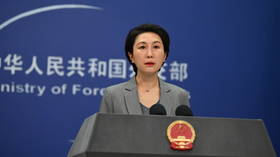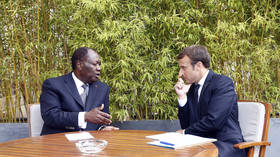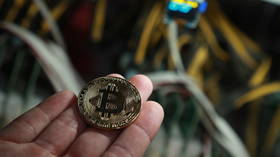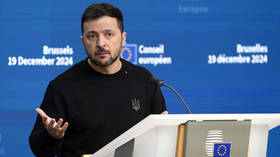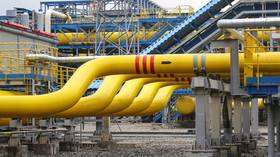‘Floating reception centers’: Italy to fingerprint migrants aboard rescue ships
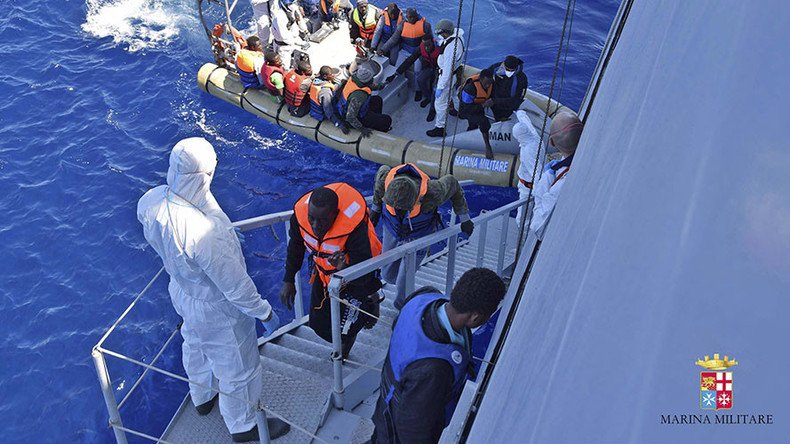
The second most popular entry point into Europe for migrants, Italy, has devised a plan to overcome reluctance from newcomers to register – by forcing them to do so, before they come ashore.
Interior Minister Angelo Alfano announced plans to turn ships into virtual floating “hotspot” reception centers, following talks with EU migration commissioner Dimitris Avramopoulos, who had pushed for the move.
“Italy still has not achieved 100 percent efficiency in processing migrants, and will have to open a new on-shore center in the coming weeks,” said Alfano in Sicily, where the meeting took place. “But we will have the floating hotspots to help.”
More than 350,000 people, mostly Africans, have entered the country, predominantly through the popular Libyan route, since 2014.
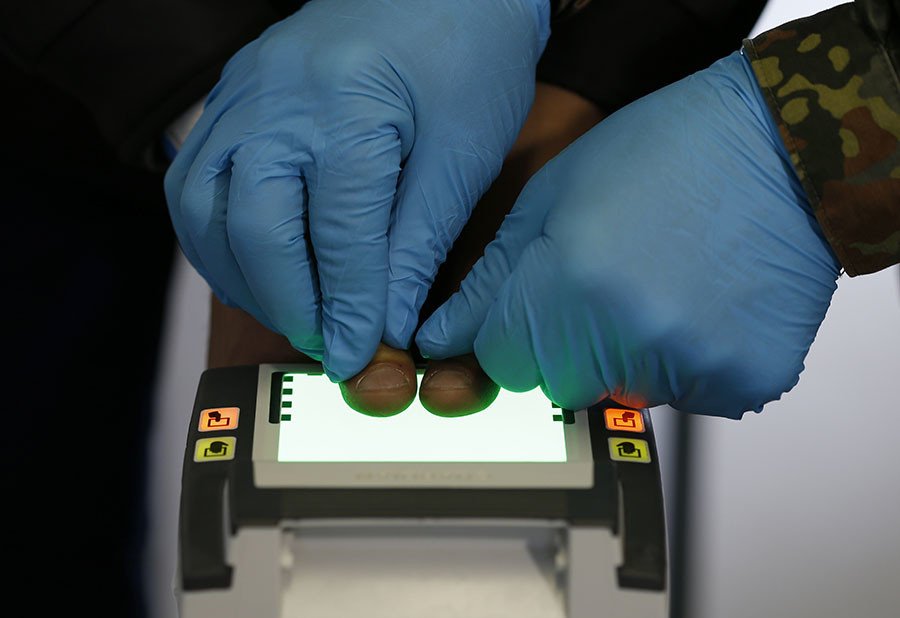
Most have refused to register in their first country of arrival, as that could allow their destination countries in the EU to deport them back to Italy, in accordance with the Dublin agreement. Due to its economic turmoil and less-generous welfare system, Italy is regarded as a less desirable destination than north European states.
Last year saw public protests in Lampedusa from disgruntled migrants, who said that fingerprinting was an abuse of their rights.
The rest of the EU has pressured Italy, alongside Greece, to tighten up its security.
Alfano said that Italy was attempting to work closer with pro-Western authorities in Libya, which descended into a state of civil war, and had also intended to arrest more smugglers, though the number of arrests has fallen slightly, from 540 last year, to 160 so far this year.
Despite making a show of becoming more efficient in dealing with asylum seekers, Italy has become frustrated, as an increasingly anti-migrant Austria has begun to construct a wall on its border with the country. Italian politicians have expressed fear that this could turn the country into a mass refugee transit camp, unless the rest of Europe implements a unified policy to distribute the newcomers, a plan that has thus far mostly existed on paper.



